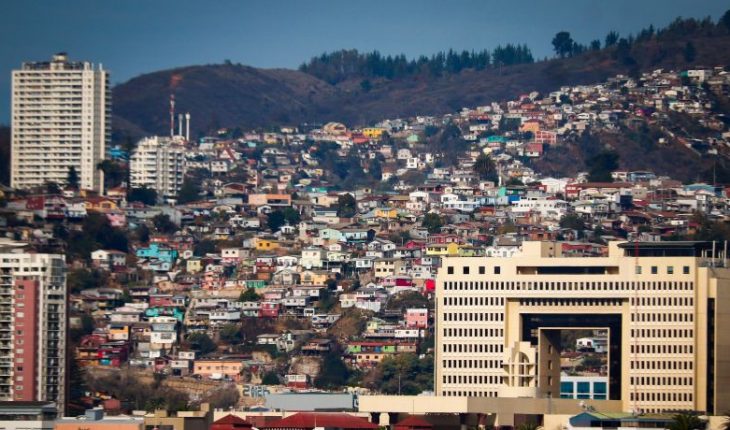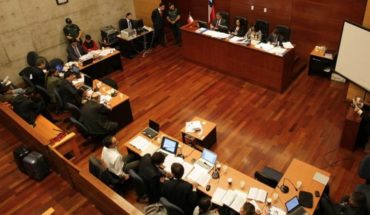Senator DC, Yasna Provoste, together with his peers Francisco Huenchumilla (DC), Ximena Orders (PPD), Carlos Montes (PS) and Carlos Bianchi (Ind.), presented a draft law of constitutional reform, to amend articles 73 and 75 of the Political Constitution, in order to shorten from 30 to 10 days the deadline for a President of the Republic to veto the bills approved by the National Congress, in order to shorten the deadline for a President of the Republic to veto the bills approved by the National Congress by 30 to 10 days , thereby reducing the total period that currently runs from the end of the processing of a project or motion in Congress, until its implementation and start of implementation.” In the Constitution, between the time that is given to veto a law, plus that of its promulgation and publication, 45 days are added, constituting a time limit that we consider excessive, since the Executive in Congress is co-legislator; it continues and knows the process of all legal initiatives,” the legislators point out in the text of the draft. In addition, it is not justified that there is a 30-day period to analyze the regulations in order to be banned or not, in addition to the 10 days of enactment and five days of publication, “moreover, today a law may be published in the Official Journal the day after or the subsequent of its office by Congress”. In turn, Provoste, together with the parliamentarians, accuse that “the 30-day period has been undermined from its original meaning, being used by the Executive as a way of delaying the implementation and implementation of the laws, which constitutes a covert way of transient non-compliance with them”. In this regard, and among the bills dispatched by Congress, whose enactment and publication have been dilated by the Executive, are mentioned: The second Law on protection of employment, which was dispatched on 7 May 2020 and published as Law No. 21.232 on the first of June, 25 days after dispatch by Congress and which established, among other provisions, the inability to share profits for the 2020 financial year welcomed the “employment protection” law; and the continued payment of alimony for those who made use of cessation insurance and were making such payments through their employers.” The delay in enacting this law allowed an even undetermined number of companies to continue to make utility withdrawals while making use of the benefit of the law, and thousands of children not receiving the timely payment of their pensions,” the bill states. Another of the projects mentioned by the signatories that has been affected by the decisions of the Executive, would be the initiative that provides for the postponement of the collection of debts for consumption of basic home services, and the cutting of such supplies in the event of debt, during the duration of health or epidemiological alerts decreed by the authority.” This initiative was dispatched by Congress on June 11 and is not yet published or vetoed by the Executive. This is a particularly necessary project in the context of the pandemic in which we live today, so it is necessary to promulgate and publish it as soon as possible.” Finally, it is noted as an example, the Law establishing, among other provisions, summer holidays for Education Assistants in the subsidized private sector, Bulletin No. 11621-04, was dispatched by Congress on 21 March 2019 and was published as Law No. 21.152 on 25 April of the same year, more than one month after dispatch. This was a direct harm to thousands of attendees across the country.
translated from Spanish: Opposition senators present project to reduce presidential veto time
June 28, 2020 |





